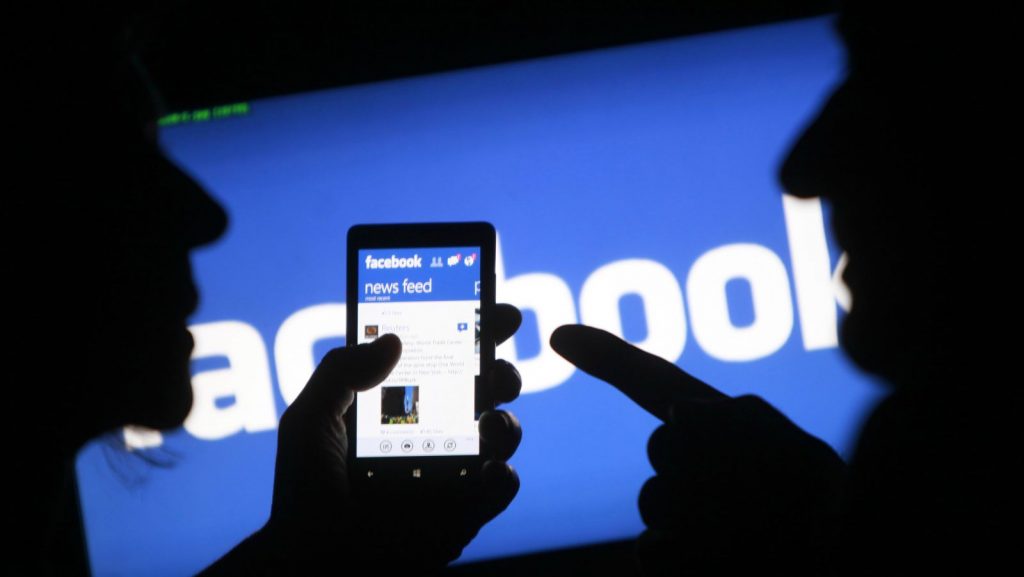
Facebook Inc. (NASDAQ: FB) has announced a plan to take more aggressive steps to limit the reach of false, sometimes dangerous, medical misinformation on its platform. Facebook, and its image-sharing platform Instagram, have become hotbeds for people promoting medical conspiracy theories and fake therapies. A blog post from Facebook on the matter states: “In order to help people get accurate health information and the support they need, it’s imperative that we minimize health content that is sensational or misleading.”
Private Facebook groups devoted to natural treatments for cancer and other ailments have hundreds of thousands of members. Parents turn to unscientific treatments that they believe will “heal” their children because of the misinformation they have seen from these groups. Many posters tout this misinformation as cures that doctors don’t want you to know about. One such group, “Natural healing + foods”, has more than 100,000 members.
Facebook is planning to manage false medical claims by treating them as similar to clickbait or spam. Posts that are believed to contain health misinformation will be “down-ranked”, so they will appear less prominently in the news feeds of fewer users. Facebook’s News Feed algorithms will target suspicious keywords and phrases from a list created in conjunction with health-care professionals to flag the posts.
While the pages and posts containing medical misinformation will be less prominent, they will not be removed from the platform altogether. Those who prefer to navigate directly to group pages will still be able to easily access posts, including those containing medical misinformation. The blog post from Facebook does not explicitly mention what it is doing about groups dedicated to promoting “exaggerated or sensational health claims.”
Social media platforms have come under increased scrutiny for the misinformation that spreads across the sites after an outbreak of measles began to sweep across the country. While measles was declared to be eradicated from the U.S. around 2000, there has been an enormous spike in measles cases this year. The spread of anti-vaccine conspiracy theories on social media is believed to be a big part of the problem as vaccination rates have fallen year after year.
